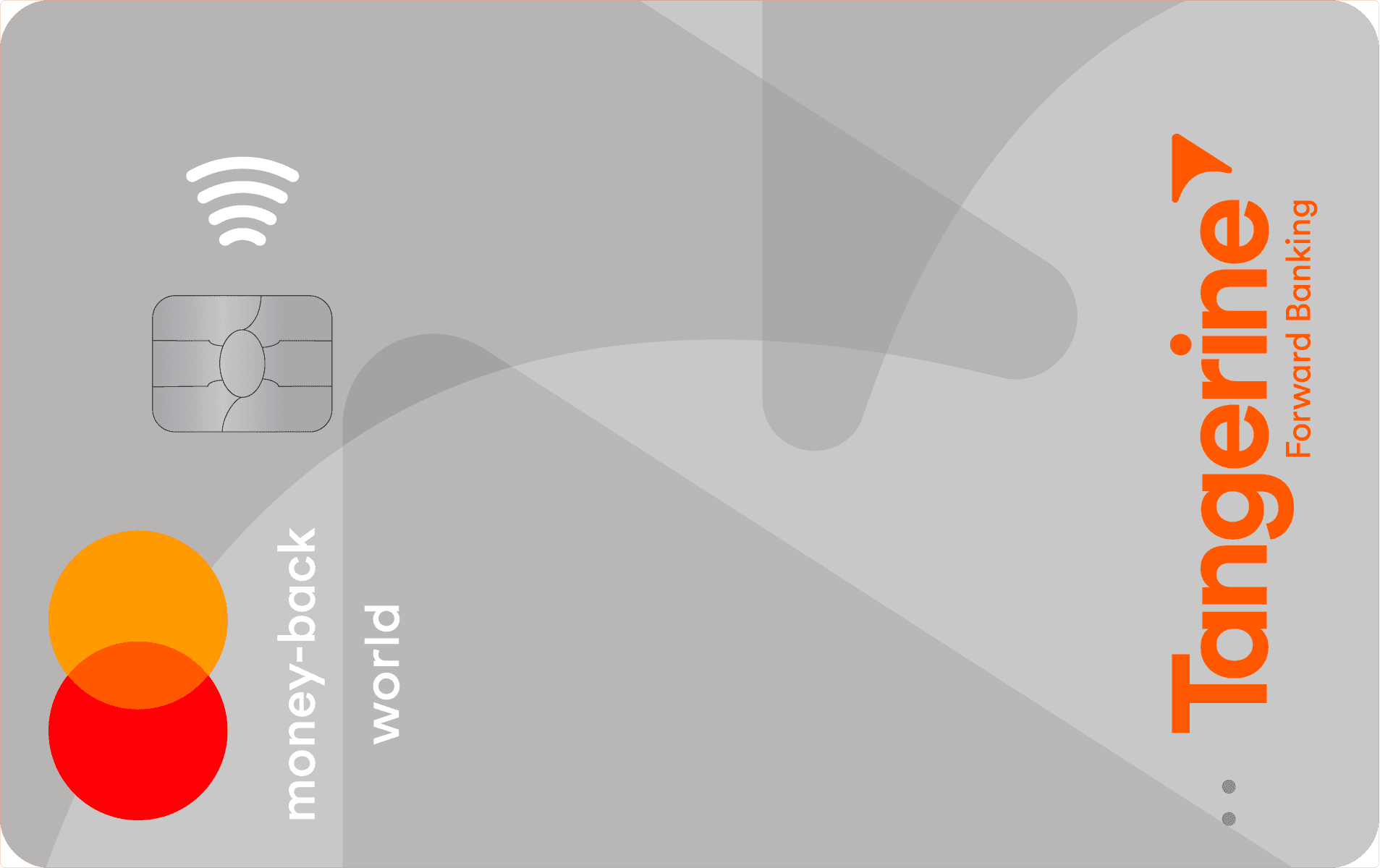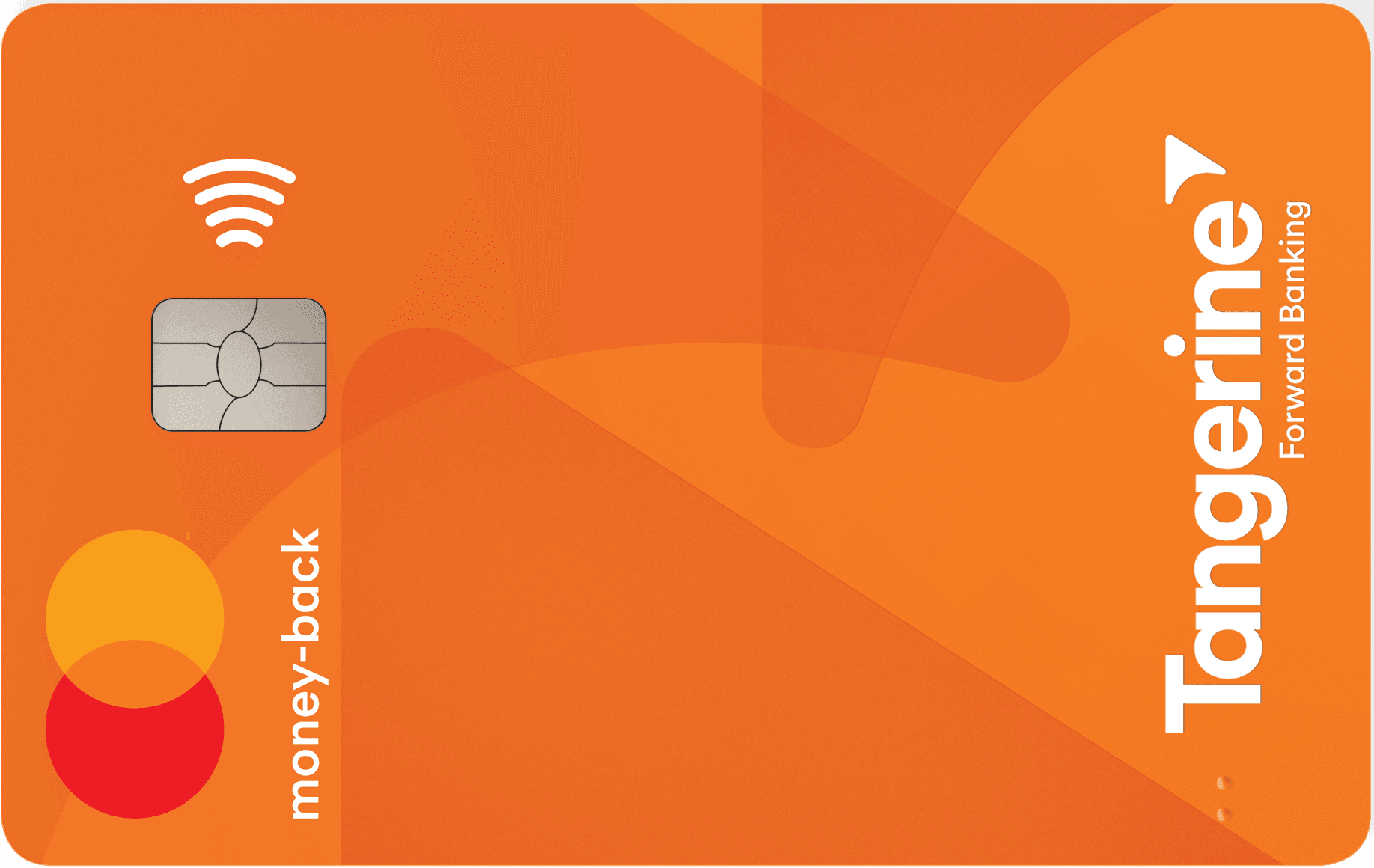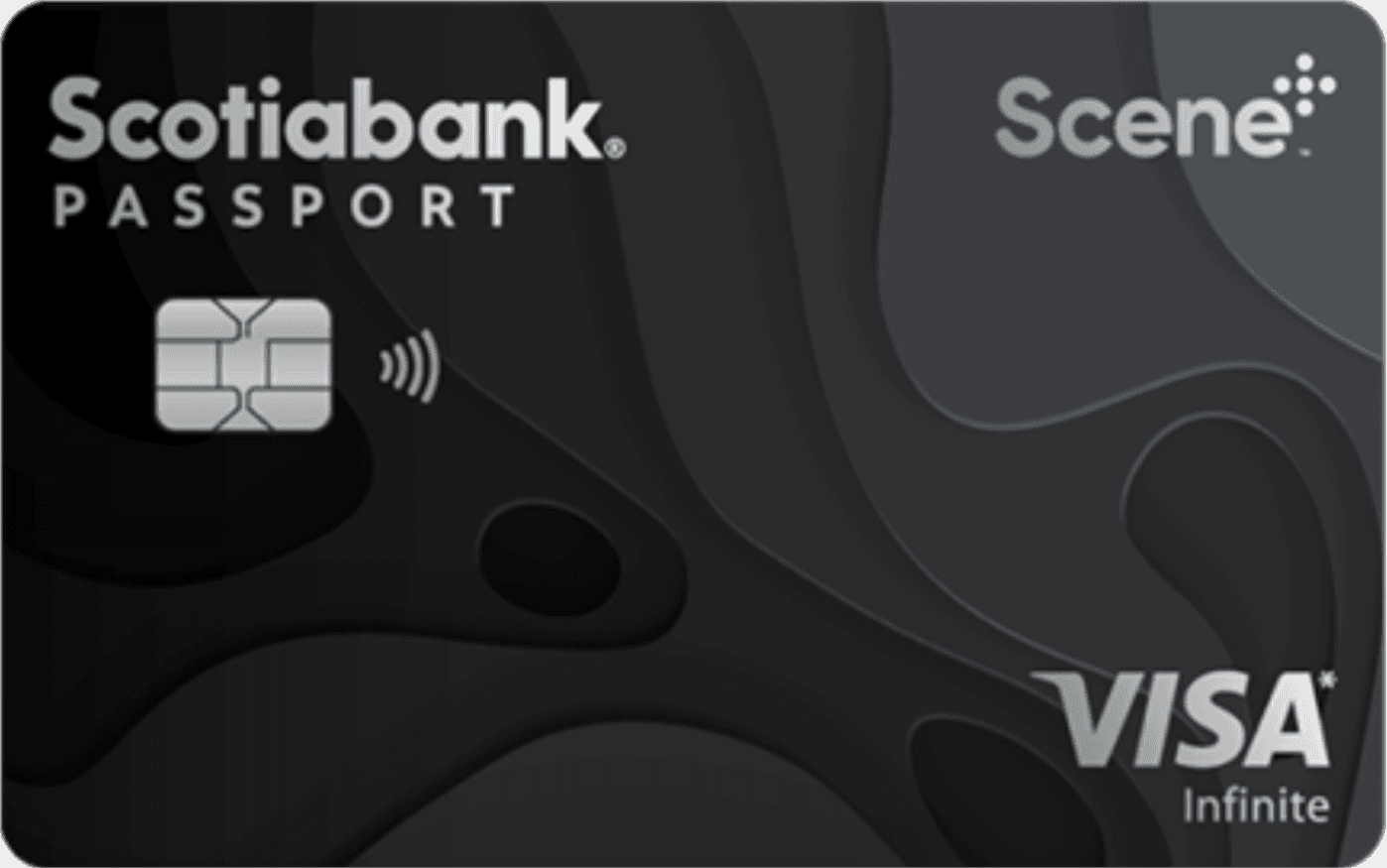Working hard in the background...
Credit Card Fraud Protection in Canada: How It Works and What’s Covered
Published Jan 7, 2026 12:24 PM
In Canada, credit card fraud is one of the top culprits of financial fraud.
To stay vigilant and protect yourself and your finances, you’ll want to review your credit card's fraud protection features and policies.
All the top credit card issuers supply cardholders with zero liability protection, which protects you against financial loss if your card or its information is stolen and used to make unauthorized purchases.
To learn more about common anti-fraud credit card policies and fraud prevention, tune in to this blog post.
Examples of Credit Card Fraud in Canada
Before we dive any deeper into credit card fraud protection, it’s crucial to understand what credit card fraud is and how it happens.
Let's start by setting the scene for one of the most common and important examples of when credit card fraud could take place:
Imagine your credit card slipped out of your wallet while you where pulling out some cash, sending it tumbling down onto the sidewalk of a busy city street. Before you notice your card's gone, someone has already scooped it up off of the concrete and proceeded to use it to make some big purchases.
Even when this happens, if someone steals your misplaced card and uses it, fraud protection will still apply up to a certain point depending on issuer policy.
Unfortunately, the scenarios don't end there, credit card fraud can come in many other forms, such as the following:
- Online Account Takeover: when a hacker gets into your online accounts and collects your personal information. This is especially concerning when you have online accounts linked to your credit card for subscriptions or online shopping.
- Identity Theft: when a scammer steals your personal information and uses it to impersonate you and access your finances.
- Phishing: when a scammer contacts you by email, phone, social media or text message looking for a way to trick you into giving them your credit card information. Sometimes, they disguise themselves as a company you’re familiar with.
- Skimming: when a thief records your credit card number during otherwise normal transactions. This can be implemented when paying with a physical card or providing your credit card number online or over the phone. There have been reports of skimming devices being planted upon unattended payment terminals, like ATMS.
- Social Engineering Scams: when scammers attempt to coerce you into sharing private information, like your credit card details, to gain access to your finances.
- Ransomware: a cybercrime that denies you access to your accounts, files or systems until you pay off a hacker’s ransom.
Read More: 10 Credit Card Scams to Avoid
The Top Perks of Credit Card Fraud Protection
As opposed to debit cards, which can make fraud protection more difficult and reimbursements more time-consuming, using your credit card is ultimately easier and safer if you want the chance to get your money back when something fraudulent occurs. That's why you might opt into using your credit card over your debit card when making purchases online, for example.
The real star of credit card fraud protection is zero liability protection, which can vary from card to card, but ultimately ensures you won't be held liable when credit card fraud ensues (subject to terms and conditions). All major credit card issuers standardly offer zero liability fraud protection. This protection will be there to support you as long as you report fraud in a timely manner and avoid credit card negligence.
Different Credit Card Fraud Protection Features Offered by Credit Card Providers
Popular credit card providers like Visa, Mastercard, and American Express have certain features in place to help you protect yourself against credit card fraud. These measures are taken through their zero liability protection policies or their fraud protection guarantee programs.
Let’s quickly review each protection that aims to give cardholders peace of mind when it comes to credit card fraud:
Visa Fraud Protection Features
Visa offers comprehensive and extensive features to keep your payments secure. Let’s go through those features now:
- Visa Zero Liability Policy: put in place to protect you against unauthorized charges to your Visa credit card, the Visa Zero Liability Policy ensures that you pay nothing when fraudulent activity appears in your transaction history.
- Visa Secure: some online websites are stamped with a Visa Secure badge to let you know that any purchases made through this site are secured with Visa. Identity confirmation is also often included before checkout.
- Neural Networks: these networks are constantly monitoring Visa transactions to scope out fishy purchases. If they happen to come across anything suspicious, you will be contacted by the institution linked to your card.
- EMV Chip Security: these chips are almost impossible to recreate, allowing you to make purchases without fear of counterfeit.
- Address Verification: whenever you make a purchase with your Visa credit card – whether it be online, by phone or by mail – you might be requested to verify your address for extra security.
- Three Digit Code: also known as CVV2, this feature is implemented by merchants who accept Visa. This code makes sure that the buyer is in possession of a valid card.
- Visa E-Promise: if you attempt to resolve an unauthorized purchase dispute with a merchant either online, over the phone, or by mail, but are unsuccessful, you can contact your Visa credit card issuer to assist you in coming up with a solution. This solution might include cancelling or reversing a charge the merchant refuses to remedy.
Pro Tip: You can also take advantage of your card's built-in security features for enhanced protection.
Mastercard Fraud Protection Features
Similarly, Mastercard offers a Zero Liability Protection program that protects any purchases their cardholders make in store, by phone, online or by mobile device, plus any ATM transactions. In any of these cases, if you’ve taken the proper measures to protect your card, you won’t be responsible for any fraudulent charges.
American Express Fraud Protection Features
Whether you’re using your American Express credit card online or in person, as long as you’ve taken the proper precautions to protect your card, Amex won’t hold you responsible for any unauthorized, fraudulent charges.
On top of this zero liability protection policy, Amex also screens cardmembers’ transactions regularly to see if they can uncover any unusual transactions. If they find a purchase that seems odd, they’ll contact you to verify whether the transaction was intentional. In extreme cases, they might also go ahead and put a hold on your account until everything is resolved.
What Won’t be Covered by Credit Card Fraud Protection?
Across all Canadian credit card networks that issue fraud protection, there are of course some conditions to this type of coverage.
The key phrase you might have noticed in the above features is that you’ll be protected If you’ve taken proper measures to protect your card and account information.
Here are some situations where you might not qualify for credit card fraud protection due to negligence:
- If you’ve shared your PIN with others
- If you’ve given your card to others for them to make purchases
- Failure to report any suspicious activity within a reasonable timeframe
- If you continue to use your credit card after being made aware of a security breach
- If you used your card at high-risk or unsecured locations (and were notified of this lack of security)
Ultimately, you’ll want to review your credit card’s specific fraud protection policies to understand which scenarios specifically will exclude you from their protection.
If you do follow the proper protocols for protecting your card, you can have peace of mind knowing that you can rely on your credit card's zero liability protection.
How to Report Credit Card Fraud
If you’re taking a look at your credit card statement and see some transactions you don’t recognize, the best thing to do is contact your credit card issuer immediately to report fraudulent activity. You should also report the loss or theft of a credit card or mobile device linked to your credit card in case someone attempts to use it. Additionally, if you’re able to, you can also take advantage of the credit card lock feature to freeze any transactions in the meantime.
How to Prevent Credit Card Fraud in the First Place
There are multiple steps you can take to prevent credit card fraud in the first place.
We’ll highlight a few of these best practices below:
Protect Your PIN
Your PIN is the most crucial key that unlocks all of your funds. To keep it safe, choose a PIN that wouldn’t be easy for someone to guess. For example, avoid using your birthdate, repetitive numbers (5-5-5-5) or 1-2-3-4 as your PIN at all costs.
Likewise, you should never share your PIN with anyone else – even a close relative or friend. Also, for security reasons, don't write down your PIN, try to memorize it if you can, or store it in a safe place away from your card if you must keep a physical record of it.
You can take extra precautions by changing your PIN often and ensuring that you don’t use the same PIN for multiple cards.
Secure Your Card
First rule of action, always keep your credit card in a safe place – avoid stuffing it into your back pocket or slipping it into your phone case. It might also be smart to only carry the cards you’ll need to limit the risk of allowing someone access to multiple accounts in the event that your wallet is lost or stolen.
Whenever you’re making a purchase, try to block the keypad when you’re inputting your PIN – you never know who could be looking over your shoulder. You’ll also want to avoid using any ATM or payment terminal that looks suspicious or tampered with – be sure to report anything unusual to the ATM’s institution as well. Finally, perhaps one of the most important tips we can provide is to never leave your credit card unattended.
Shop Online With Caution
These days, it’s much easier (and cozier) to shop from home online. While you’re doing so, always make sure to purchase products from secure websites. For extra backup, you can also install a firewall or any anti-virus protection to your computer.
Be cautious when paying for anything through email or text message – this can be a phishing tactic used to collect your credit card information. Always buy your items directly from the merchant’s official website. Sometimes, sellers will try to contact you over the phone during promotional events or when new products are in stock. If you are contacted by a seller, be careful when supplying information and make sure you're speaking with the right person by verifying the phone number or email address that contacted you.
As convenient as it may seem, don’t let your mobile device or computer “remember” your password – try to remember all your online account passwords on your own.
Another tip, save most of your online shopping for your personal computer or Wi-Fi network. Shopping on public computers or using public Wi-Fi puts your banking and credit card information at risk.
Safeguard Your Credit Card Statements
On top of checking your credit card statements regularly for any unauthorized payments, if you’re still receiving physical credit card statements in the mail, always store them in a safe place and make sure your mailbox isn’t easily accessible – or better yet, lock it up.
If you need to discard an old credit card statement, shred the document before throwing it out.
Be Careful During Phone Calls
If you ever pick up a suspicious call that claims to be your bank or a company you regularly do business with, proceed with caution.
Always be hesitant about providing your credit card information to pay over the phone and opt for a different payment method if possible (online or in person). Sometimes, when you are speaking directly to a trusted merchant, paying over the phone is fine, but you'll want to do your due diligence to make sure the call is legitimate.
Conclusion
Even if you do everything you possibly can to protect your credit card, you can still fall victim to credit card fraud. That’s what makes credit card fraud protection, especially zero liability policies, so essential.
When you follow the correct safety precautions on a day-to-day basis, it’s nice to know your credit card company has your back (and will give you your money back) when someone tries to tap into your finances.
No one want’s to pay for fraudulent purchases they didn’t make, and luckily, with credit card fraud protection and zero liability policies, you often don’t have to pay a cent (granted you meet the protection policy terms and conditions).
Frequently Asked Questions
If my card is used fraudulently, do I get my money back?
Depending on your credit card’s fraud protection coverage, most of the time, you may be able to get your money back. To give yourself the best chance of being completely reimbursed, make sure you report the incident as soon as possible.
Is there a limit on credit card fraud protection?
With zero liability protection and if your case meets all the requirements for protection, you should receive a reimbursement for any fraudulent charges (depending on your credit card and situation). Always check your credit card’s terms and conditions to review each unique fraud protection policy.
How are credit card fraud cases handled?
After you or your credit card issuer detects and reports fraud, a hold may be placed on the account while an investigation begins. If the fraud is confirmed, you’ll likely receive a refund for the unauthorized charge (as per zero liability protection policy specifics). Any legal action against the fraudulent company or fraudster will also take place if necessary.
Trending Offers

Tangerine® Money-Back World Mastercard®*

Tangerine Money-Back Mastercard

Neo World Elite® Mastercard®

Scotiabank Passport® Visa Infinite* Card
What's on this Page
- Examples of Credit Card Fraud in Canada
- The Top Perks of Credit Card Fraud Protection
- Different Credit Card Fraud Protection Features Offered by Credit Card Providers
- What Won’t be Covered by Credit Card Fraud Protection?
- How to Report Credit Card Fraud
- How to Prevent Credit Card Fraud in the First Place
- Conclusion
- Frequently Asked Questions
About the author

Sara Skodak
Lead Writer
Since graduating from the University of Western Ontario, Sara has built a diverse writing portfolio, covering topics in the travel, business, and wellness sectors. As a self-started freelance content ...
SEE FULL BIOAbout the editor

Abid Salahi
Credit Card Expert
Abid leads the design and engineering of the FinlyWealth website, making sure everything runs smoothly and looks great. He’s a seasoned software engineer who follows best practices and designs interfa...
SEE FULL BIO